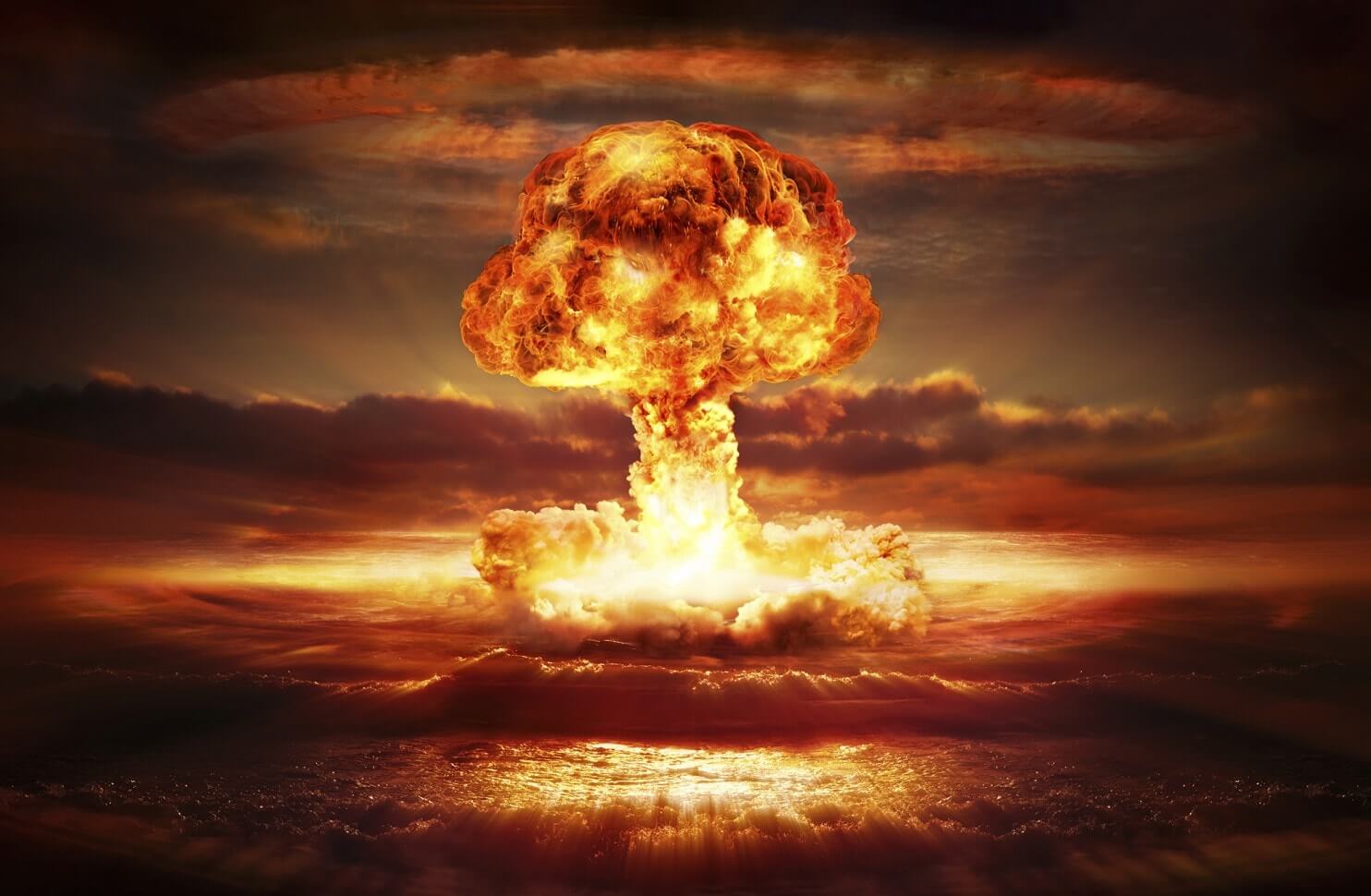On Friday, the Indian Ministry of External Affairs (MEA) released a statement reiterating its intention to stay out of the Treaty on the Prohibition of Nuclear Weapons (TPNW). The TNPW was adopted by the United Nations General Assembly in 2017. However, neither the North Atlantic Treaty Organisation (NATO), nor the nine countries—the United States, the United Kingdom, Russia, China, France, India, Pakistan, North Korea, and Israel—who are known to possess nuclear weapons supported or participated in the treaty. Even Japan, who is the only victim of a nuclear weapons attack, is not a participant of the TNPW, as it does not believe it to be “realistic”.
On Friday, 51 countries signed the TPNW, which is now a part of international law and provides a comprehensive set of prescriptions for states participating in nuclear weapons activities, including undertakings to not develop, produce, test, possess, acquire, stockpile, or use (or threaten to use) nuclear weapons. The treaty received its required 50th ratification on October 24, triggering a 90-day period before its entry into force on January 22. However, India has stayed out of the negotiations since they began in March last year.
According to the MEA’s statement, India did not participate in the TPNW discussions and has maintained that it will not be a party to the treaty, contending that the TPNW “does not constitute or contribute to the development of customary international law; nor does it set any new standards or norms.”
However, the statement said that India continues to be committed to “the goal of a nuclear-free world”. Moreover, it added, “India continues to attach high priority to and remains committed to universal, non-discriminatory and verifiable nuclear disarmament.” To further this goal, it recommended the adoption of a “step-by-step process underwritten by a universal commitment and an agreed global and non-discriminatory multilateral framework,” in accordance with its Working Paper, “Nuclear Disarmament”, that India has previously submitted to the United Nations General Assembly. It also reiterated its intention to continue engaging with member states of the United Nations to achieve this goal.
India’s comments are a likely consequence of the case in the International Court of Justice which was filed by the Marshall Islands against India and other nuclear states. It was argued that while India was not a signatory to the Nuclear Non-Proliferation Treaty (NPT), the provisions of the NPT, specifically those relating to disarmament, are a part of customary international law. Hence, it was posited that India was obliged to work towards disarmament. However, in 2016, the court ruled in India’s favour and refused to accept the Marshall Islands’ argument, as there was “no existing legal dispute between the two countries.” Accordingly, India’s statement on Friday reiterated its belief that any negotiations on disarmament needed to be brought before the “Nuclear Weapons Convention in the Conference on Disarmament”.
Nevertheless, experts have said that the agreement is a historic step towards disarmament. Daryl Kimball, executive director of the Arms Control Association told AP that he hopes the treaty will “compel renewed action by nuclear-weapon states to fulfil their commitment to the complete elimination of nuclear weapons.” UN Secretary-General Antonio Guterres also welcomed the agreement, with his spokesperson saying, “Nuclear weapons pose growing dangers, and the world needs urgent action to ensure their elimination and prevent the catastrophic human and environmental consequences any use would cause. The elimination of nuclear weapons remains the highest disarmament priority of the United Nations. The Secretary-General calls on all States to work together to realize this ambition to advance common security and collective safety.”
India Reiterates Opposition to TPNW But Remains Committed to “Nuclear Weapon Free World”
Despite 52 nations ratifying the TPNW, the first treaty on banning nuclear weapons in over two decades, India has reiterated its intention to not be a party to the document.
January 25, 2021

SOURCE: WASHINGTON POST
